
Brian Curd
Assistant Head of Junior High
When most people think of the word ‘wellbeing’, they think of a happy and healthy person. Being happy and healthy is the foundation of wellbeing but it is so much more than that.
Wellbeing is a spectrum, and at Hiba, we look to develop pupils who are not simply happy and healthy but who have ‘thriving’ wellbeing.
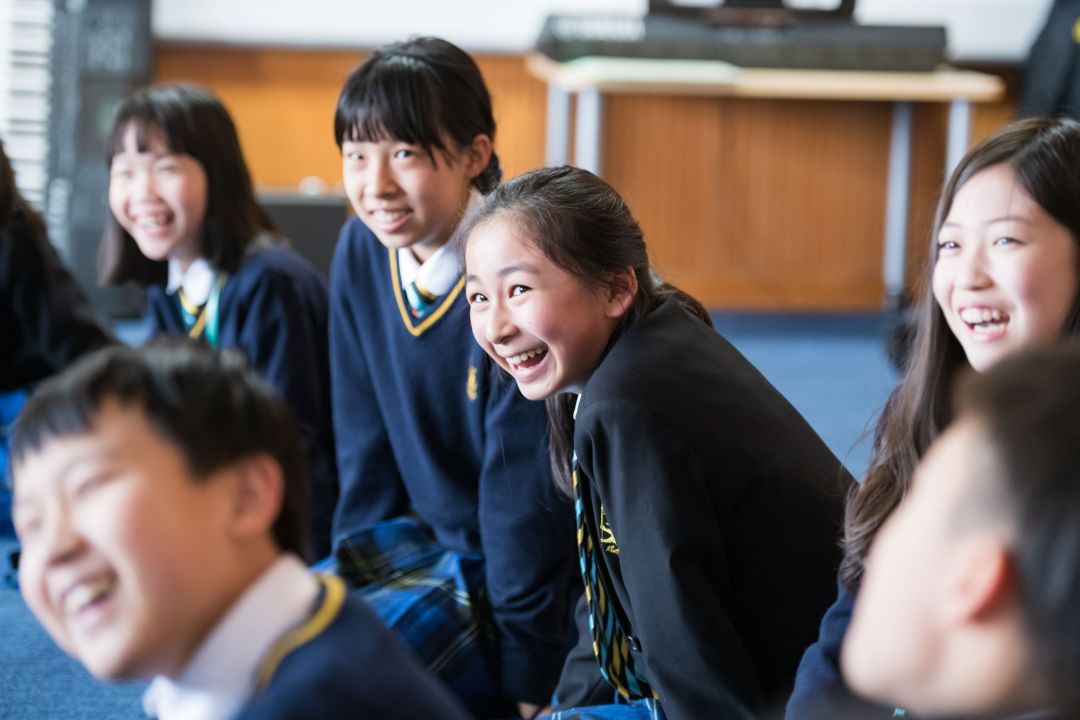
Wellington College China defines wellbeing as “a dynamic state, in which an individual can develop their potential, work productively and creatively, build strong and positive relationships with others and contribute to their communities.”
Let’s look at how the Social Studies Department works to support each area of pupil wellbeing.
One of the main aims of education is to support pupils in becoming better learners, enabling them to reach their full potential. The Social Studies Department supports pupils in this way through its focus on transferable skills, that is, skills that can be developed and then utilised in many different areas of life.
Skills such as research, analysis, evaluation, collaboration, communication and reflection are key to pupils’ academic success and are used across multiple subjects and disciplines.
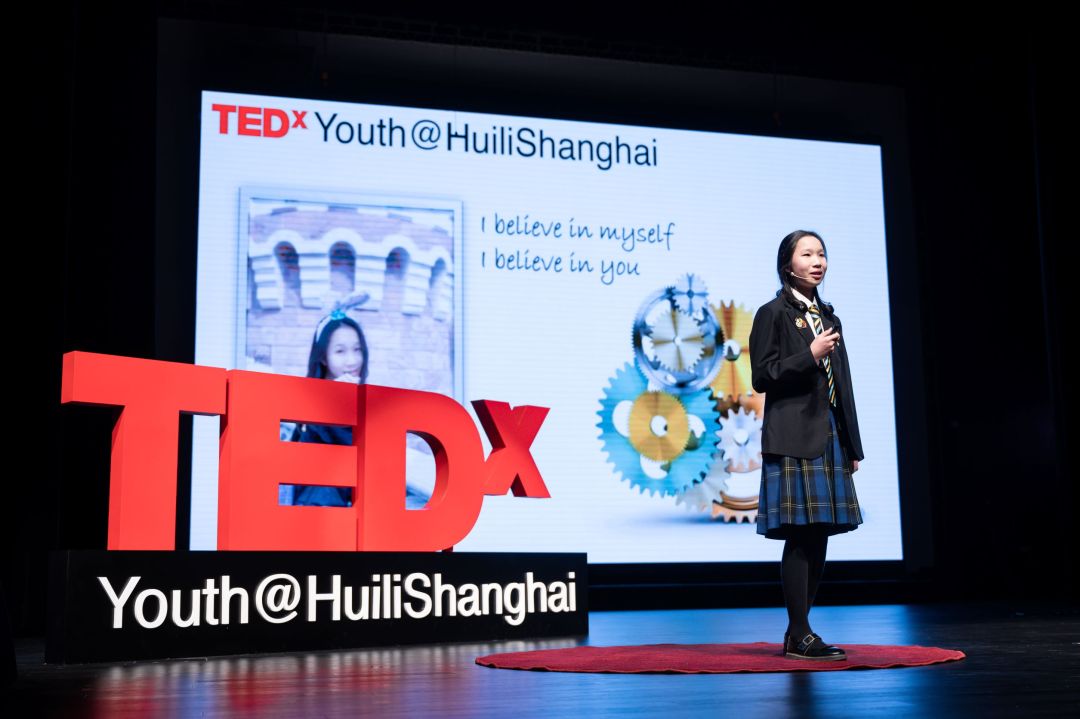
In addition to the rich content knowledge pupils are exposed to in social studies, learning these skills is at the heart of the curriculum, as well as many of the CCAs within the department, such as TEDx and mock trial.
One common method of instruction in the department is the use of debate. In Junior High School, pupils were tasked with debating the best course of action in addressing Japan’s ageing population. Pupils researched potential solutions, such as increasing immigration, increasing the retirement age, and providing educational subsidies to families.
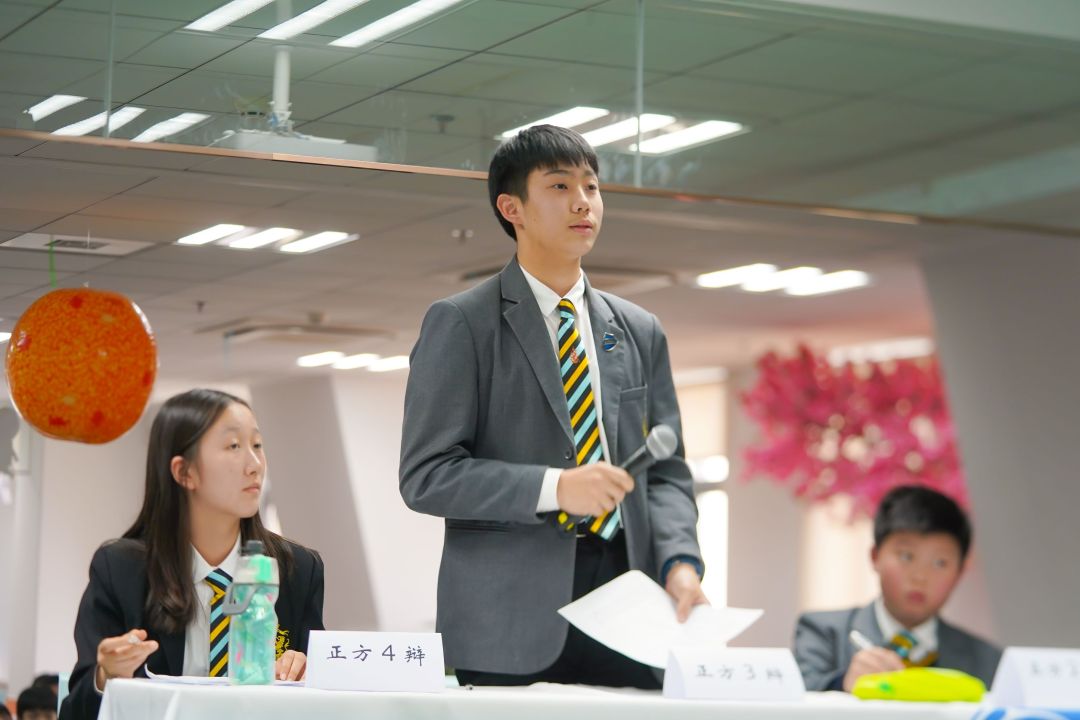
Throughout the process, pupils needed to analyse their research findings and evaluate their sources for potential biases. They then worked in groups to present their perspectives to their classmates and finally reflected on what they had learned about themselves through the process.
Through the process of debate, pupils can put into action all of the social studies skills, supporting their overall development as learners.
Debate is just one of several instructional strategies used within the department to meet our curriculum goals and help pupils climb their mountain to success.
Pupils ‘thrive’ when they can work productively, and one way to increase productivity is through motivation. Self-determination theory suggests that pupils are most effective when classroom activities are fully aligned with their goals and values.
The Social Studies Department, therefore, aims at building a curriculum that stimulates pupils and connects to their own lives and goals. As previously mentioned, a focus on skills helps support pupils’ goals to become academically successful, but lesson content is also designed to motivate pupils and their aims at understanding the world they live in.
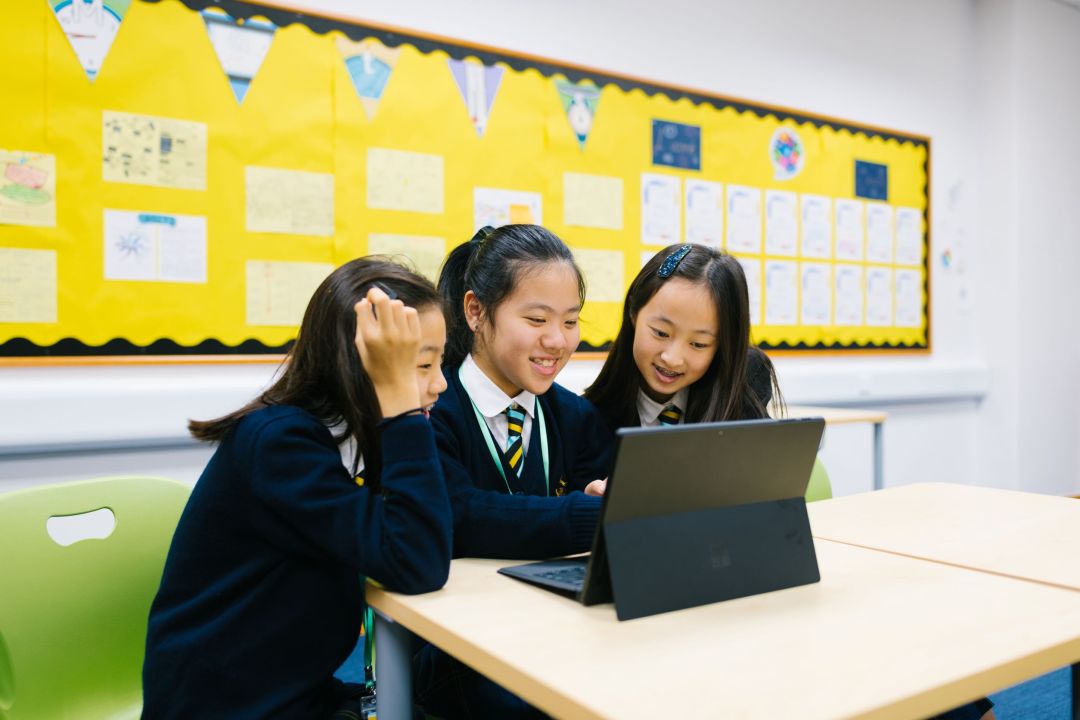
Specific attention is given to choosing content that connects to pupils’ lives. For example, in Global Perspectives, pupils are given a voice over the content of the class and had the opportunity to vote on a range of content topics at the beginning of the school year. The content was then created to match their interests.
Another way the department supports pupils in working more productively is through teaching evidence-based study strategies.
Research into effective studying shows old methods such as re-reading notes and highlighting important information are ineffective in supporting pupils’ learning outcomes. Instead, active recall strategies such as practice testing, spaced repetition or frequent reviewing of previous learning material, are built into the curriculum.
Moreover, pupils are often asked to take a metacognitive approach to their work as the development of meta-cognitive skills has been proven to be one of the most important factors in pupil outcomes. For example, a typical project within the department will ask pupils to:
Reflect: What happened in the previous project? What went well and what did not? What did you learn about yourself and the work process?
Assess the task: What are the aims of the new project? What skills do I need to complete the task? What will the results look like?
Evaluate strengths and weaknesses: Based on my previous experience, which aspects of the project will be easy, and which will be difficult?
Plan the approach: How long will each aspect take? What deadlines should I set for myself?
Apply strategies (during the project): How am I doing? What am I learning? Do I need to alter my approach?
Reflect (after the project): What went well and what did not? What did you learn about yourself and the work process?
By continuously working through the meta-cognitive process, pupils learn more about themselves, their strengths and areas of development as well as building independence and self-management skills.
The curriculum also gives pupils opportunities to demonstrate their creativity. In Junior High School, every English Social Studies unit involves a creative task in which pupils need to use their learning to create something new.
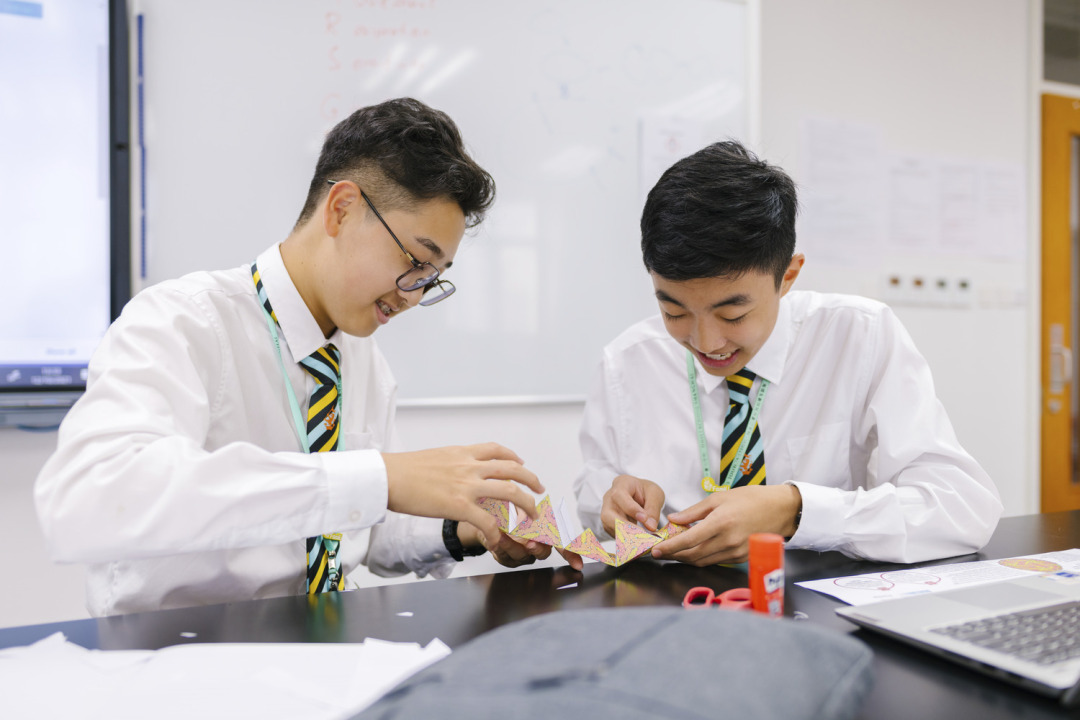
Examples of this include building city models of ancient civilisations, creating newspapers and mind-maps, and developing solutions to global issues. Creating an environment in which pupils can be productive and creative supports pupils' overall wellbeing and helps them become engaged and motivated learners.
As with all subjects at Hiba, social studies lessons are filled with opportunities for discussion, debate and teamwork. An observer walking into a social studies lesson will notice a dynamic atmosphere with pupils working together and openly expressing their opinions.
Creating this type of environment supports pupils in building relationships with their classmates and contributing to their overall development as people and learners.
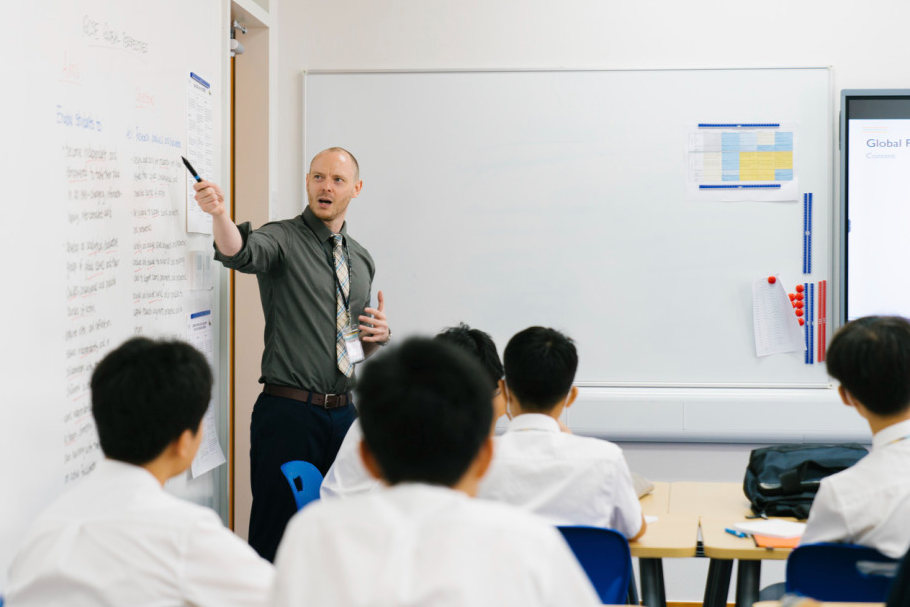
However, this is not unique to the Social Studies Department and would be a common scene in lessons across the school.
To further support pupils in building relationships, the Social Studies Department aims to develop pupils’ empathy and capacity for open-mindedness.
This semester, Global Perspectives pupils have been researching the issue of race relations, a topic that they will need to understand when they go abroad for future study. Pupils were divided into groups to investigate topics such as the racial wealth gap in countries and employment discrimination.
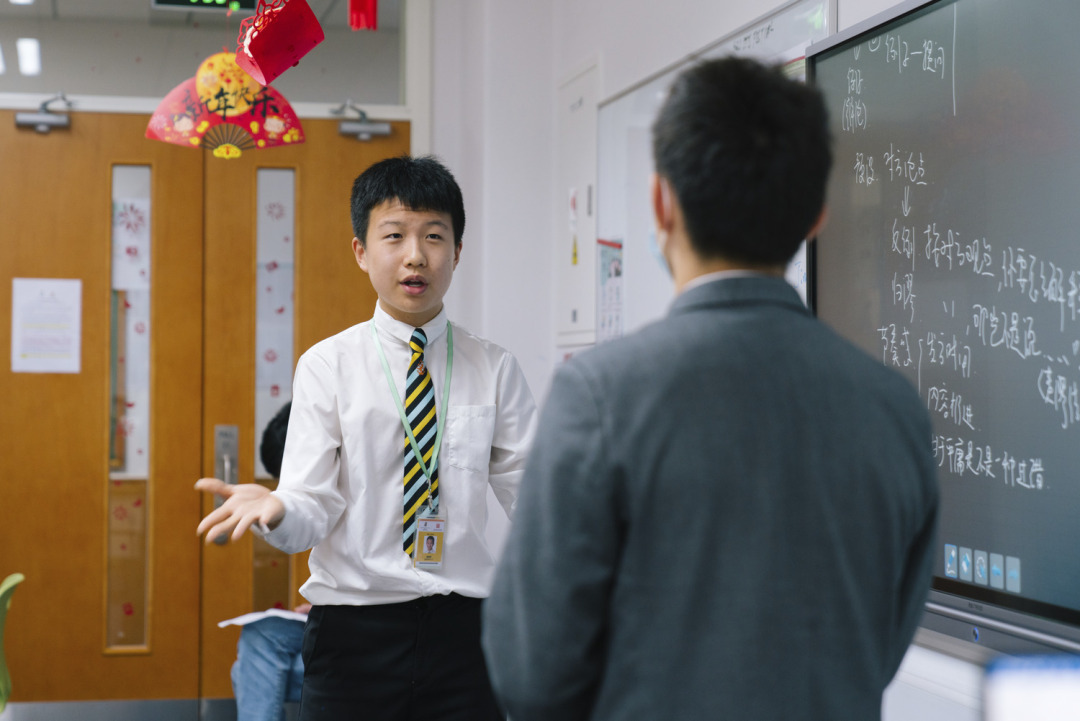
Pupils viewed these topics through a variety of lenses. The aim was not to tell pupils how to think, but rather to allow pupils the opportunity to understand different viewpoints and to put themselves in others’ shoes. Pupils were then encouraged to draw their own conclusions based on analysing and evaluating their own research.
The result was a deeper understanding of the obstacles that people face, and pupils came out of the project with increased empathy for people who are less advantaged. This increased empathy will help them build more positive relationships now and into the future.
Humans are social by nature. Contributing to one’s community is therefore a key aspect of one’s wellbeing. As such, the Social Studies Department aims to build Hiba pupils into model local, national and global citizens. One way to do this is by studying both local and global issues: their causes, consequences and potential solutions.
To find an example, one must look no further than this year’s World Heritage Day. Guided by the theme ‘A Shared Future’, the purpose of the day was to introduce Hiba pupils to the United Nation’s Sustainable Development Goals and empower them to help their communities work toward these goals to secure a shared future for their generation and the next.
Pupils were introduced to ways that people can make a difference on a local level, including topics like upcycling and sustainable cities.
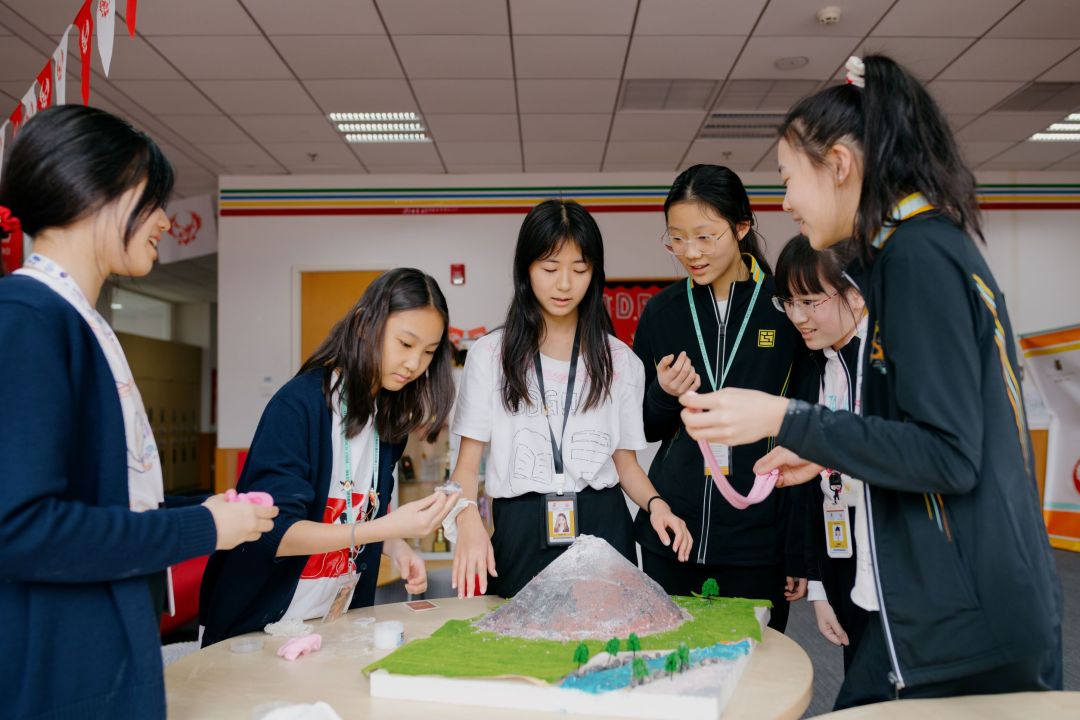
In the end, Li House was named the “World Heritage House” and will be given resources to develop a pupil-led house project aimed at supporting their community, linked to one of the 17 goals.
This will help Hiba pupils build upon all the amazing work the Hiba community has already done to support the local community and in turn, instil in our pupils a sense of meaning and purpose.
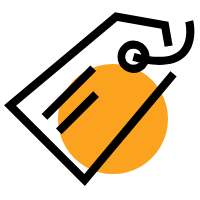
At the beginning of the semester, I had the opportunity to address secondary pupils at a flag-raising ceremony. I described their education as a journey up a mountain. I asked the pupils, “What is at the top of your mountain?”
Some may view the top of the mountain as entry into their dream university. However, to me, the ultimate goal of education is to become better learners and better people. The peak of our mountain is the very best version of ourselves.
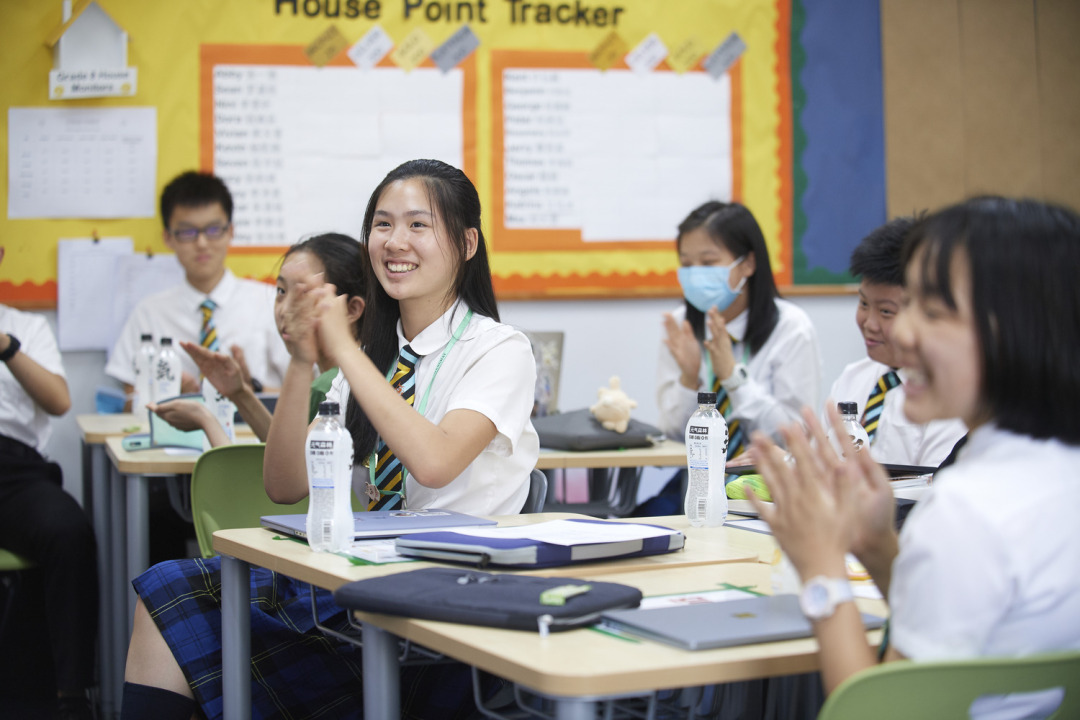
Every challenge we face or obstacle we overcome is another step up the mountain to becoming a better person. We cannot simply jump to the top; it is an accumulation of steps over time that gets us to where we need to be.
As pupils work at developing their potential, working productively and creatively, building strong and positive relationships and contributing to their communities, they become stronger and better suited for the climb and therefore closer to the people they aspire to be. The Social Studies Department works to ensure pupils have the tools to make the most of their journey up this mountain.